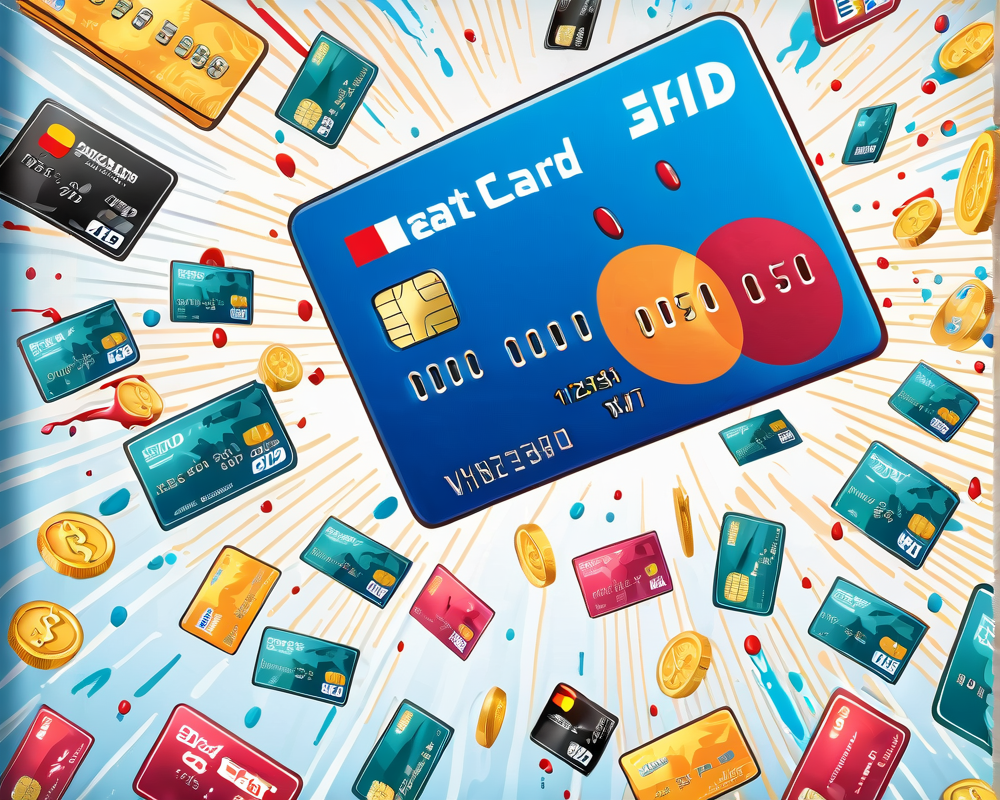The Unthinkable Happens
In a move that nobody saw coming, credit card giants like Visa, Mastercard, and PayPal are abruptly saying “nyet” to Russian transactions. It’s like a financial Iron Curtain crashing down overnight. These companies announced the suspension of their services in Russia as a response to the military invasion of Ukraine, with Mastercard labeling the decision a show of solidarity for the Ukrainian people. Talk about making a statement!
Can You Still Use Your Card?
For the average Russian citizen, the immediate future looks bleak. Newly issued Visa cards won’t just be useless abroad; they’ll also be more or less like fancy coasters at home. Mastercard cards issued by Russian banks will kick the bucket on international transactions, and if you think you can still swipe them at local shops, think again!
What Do the Credit Companies Say?
Mastercard, which has been peddling plastic around Russia for over two and a half decades, assured the public that this decision wasn’t made lightly. Let’s be real though, any company cutting ties so significantly might just feel a bit of regret when they encounter the backlash. And what does Russia’s central bank have to say? They claim the cards will still work until the expiration date. It’s like saying, “Hey, you can still use your flip phone while the rest of the world switches to smartphones!” Good luck with that.
Crypto Exchanges: Navigating Troubled Waters
Coinbase isn’t one to rest on its laurels either. They’ve blocked over 25,000 wallets associated with Russian users deemed engaged in illicit activities. Sounds dramatic, right? But if you thought that would mean some relief in the cryptocurrency world, think again! Exchanges are cautioning users that Visa and Mastercard disruptions could affect trading, with companies like Binance already announcing their inability to process payments from Russian-issued cards.
Peer-to-Peer: A Glimmer of Hope?
In the chaotic mess that defines the current financial landscape, peer-to-peer crypto transactions appear to be the way forward for those trapped in this quagmire. The ability to send and receive digital currency without relying on traditional banking systems presents some silver lining for Russians navigating this new world. In a way, it’s the equivalent of hiding a stash of cash under your mattress.
Reactions and Ramifications
The society’s response has been as polarized as you might imagine. On social media, users voiced their frustrations and concerns, with some asserting that penalizing ordinary citizens only spreads the negative impacts of political decisions made at the top. One Twitter user aptly remarked that restricting access to funds for civilians is a modern-day crime. It’s like being punished for something you didn’t even do!
A Future With UnionPay?
With Visa and Mastercard taking a backseat in Russia, some reports suggest a possible pivot towards alternatives like China’s UnionPay, a move that could change the game entirely. Don’t forget Russia’s domestic Mir cards—sure, they’re not glamorous, but they could serve as a safety net amid the chaos. Suddenly, navigating the financial waters feels like a high-stakes game of Monopoly!
The Road Ahead
While the immediate future remains uncertain, both the U.S. and the EU are keeping a watchful eye. Could crypto become a loophole for Russians looking to sidestep the sanctions? The leaders of many exchanges have promised to follow government guidance, albeit with some discretion—a tightrope walk between compliance and ethics.
And let’s not forget, at the heart of this storm are millions of innocent people entangled in a geopolitical mess that’s grown far beyond their personal lives. The financial landscape in Russia is evolving, and how it adapts will likely have lasting implications—not just for the people but for the global economy as well. Now, isn’t the world just a delightful, complicated circus?




